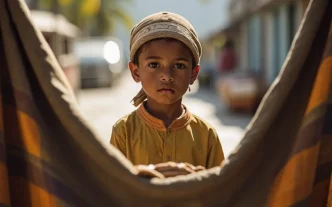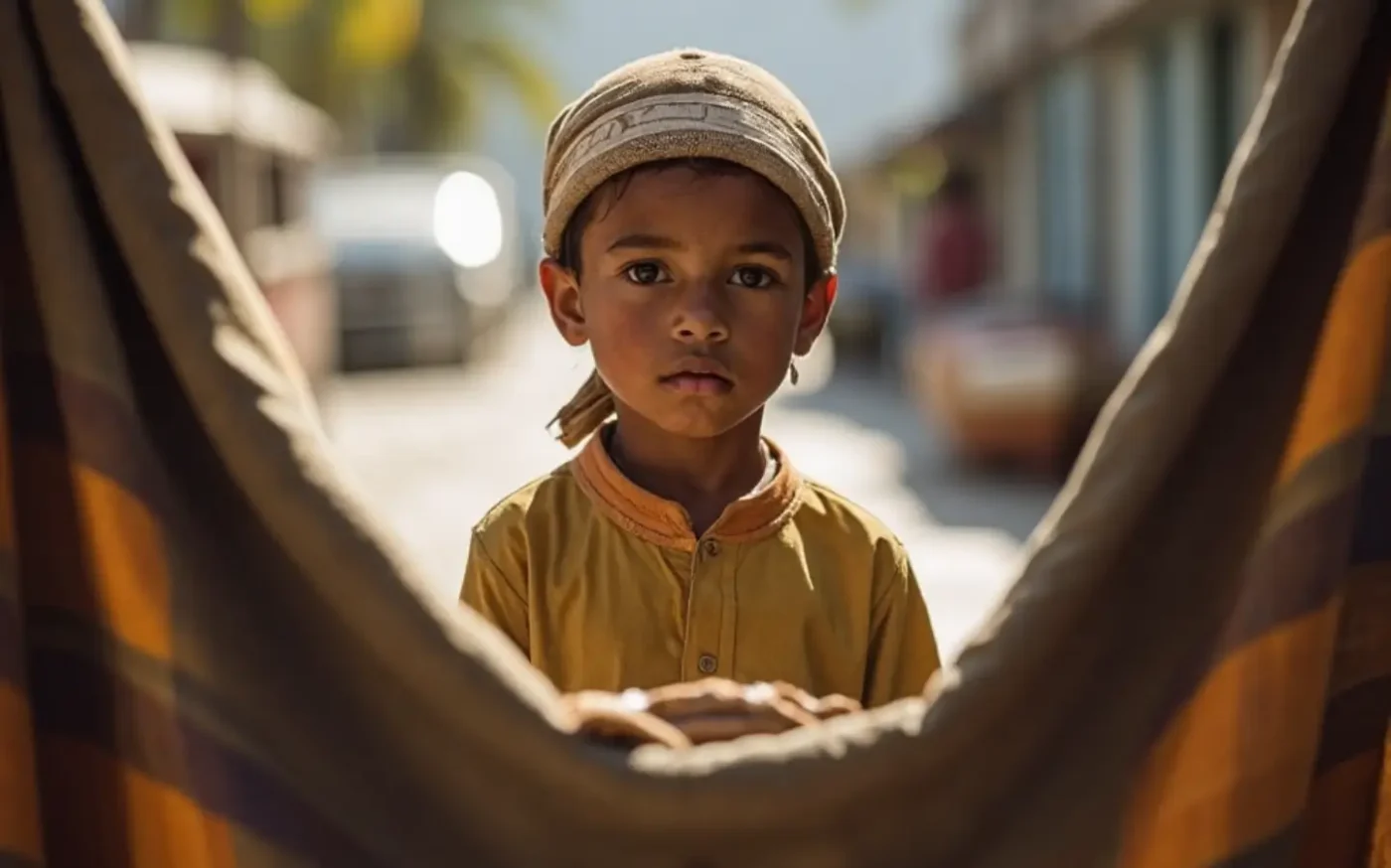Allegations have emerged that Indian authorities may have forcibly returned Rohingya refugees to Myanmar, a country where they face severe persecution and violence. Eyewitness accounts, including a chilling testimony of individuals being dropped into the sea from a ship, have fueled claims of human rights violations by India, a nation often seen as a regional leader in democratic values. The accusations, if confirmed, could strain India’s diplomatic relations with neighboring countries and international human rights organizations, raising urgent questions about the treatment of one of the world’s most vulnerable populations.
A Witness to Desperation
The harrowing account of a witness, reported by regional outlets, paints a grim picture. “I saw a ship dropping many people into the sea” said an unnamed individual who claimed to have observed the incident near the Andaman Sea. While the exact details of the event remain unverified, the testimony aligns with broader concerns from activists and aid groups about the fate of Rohingya refugees intercepted by Indian authorities. Many of these refugees, fleeing genocide and systemic violence in Myanmar’s Rakhine State, attempt to reach safer shores in Southeast Asia, often risking their lives on perilous sea journeys.
Human rights organizations have long documented the plight of the Rohingya, a stateless Muslim minority in Myanmar, subjected to military crackdowns and ethnic cleansing campaigns. Over 700,000 fled to Bangladesh following a brutal military operation in 2017, with thousands more scattered across India, Thailand, and Malaysia. India, which is not a signatory to the 1951 UN Refugee Convention, has hosted an estimated 40,000 Rohingya but has faced criticism for its inconsistent policies on asylum and repatriation.
India’s Stance and International Obligations
Indian officials have yet to respond directly to the latest allegations of forced returns. However, the government has previously argued that the Rohingya presence poses security risks, citing concerns over illegal immigration and potential links to extremist groups. In 2018, India deported seven Rohingya men to Myanmar, a move condemned by the United Nations as a violation of the principle of non-refoulement, which prohibits returning individuals to places where they face persecution or death. If the current claims of forcible repatriation—or worse, abandonment at sea—are substantiated, they could represent a significant breach of international humanitarian norms.
Advocacy groups, including Amnesty International, have urged India to adhere to customary international law, even in the absence of formal treaty obligations. “No one should be returned to a situation where their life is at risk” said a spokesperson for a prominent rights organization in a recent statement. The potential involvement of Indian naval or coast guard vessels in such actions, as suggested by eyewitness reports, adds another layer of complexity, raising questions about accountability and oversight within the country’s maritime operations.
Regional Implications and Myanmar’s Ongoing Crisis
The timing of these allegations is particularly sensitive, given Myanmar’s deepening instability following the military coup in February 2021. The junta’s brutal suppression of dissent has exacerbated conditions for the Rohingya, with reports of continued violence in Rakhine State. Returning refugees to such an environment, activists argue, is tantamount to condemning them to persecution or death. The international community, including neighboring Bangladesh, which already hosts nearly a million Rohingya in overcrowded camps, has expressed frustration over the lack of a coordinated regional response to the crisis.
India’s actions, if confirmed, could also complicate its relations with Bangladesh and other Southeast Asian nations. New Delhi has sought to strengthen ties with the Association of Southeast Asian Nations (ASEAN) through initiatives like the Act East Policy, positioning itself as a counterbalance to China’s influence in the region. However, perceived indifference to the Rohingya crisis risks undermining India’s moral authority and soft power in a region already grappling with complex refugee flows and ethnic tensions.
Humanitarian and Legal Challenges
Beyond geopolitics, the allegations highlight the broader challenges of protecting stateless populations in South and Southeast Asia. The Rohingya, denied citizenship in Myanmar since 1982, lack legal recognition in most countries they flee to, leaving them vulnerable to exploitation, detention, and forced returns. In India, many live in makeshift camps or urban slums, often without access to basic services or legal protections. Local resentment over resource competition has, at times, fueled calls for their deportation, adding domestic pressure on the government to adopt hardline policies.
Legal experts note that while India is not bound by the UN Refugee Convention, it is a signatory to other international agreements, such as the Universal Declaration of Human Rights, which enshrines the right to seek asylum. Courts in India have occasionally intervened on behalf of the Rohingya, with the Supreme Court in 2021 allowing some refugees to remain pending further review. However, inconsistent policy implementation and political rhetoric labeling refugees as “infiltrators” have created an environment of uncertainty for the community.
Voices from the Ground
For the Rohingya themselves, the fear of forced repatriation is a constant shadow. “We left everything to escape death, but now we don’t know if we are safe here” said a Rohingya man living in a camp in northern India, speaking on condition of anonymity due to fear of reprisals. Aid workers report rising anxiety among refugee communities following news of alleged sea abandonments, with many fearing they could be next. The psychological toll of such uncertainty, compounded by years of displacement, is immense, with children and women often bearing the brunt of trauma and insecurity.
Local NGOs and international agencies have called for urgent investigations into the recent claims. They argue that independent monitoring of maritime borders and refugee interception policies is essential to prevent further tragedies. Some have also proposed safe third-country resettlement as a long-term solution, though political will for such measures remains limited in the region.
A Call for Accountability
As these allegations surface, pressure is mounting on India to clarify its actions and policies toward the Rohingya. The international community, including the UN High Commissioner for Refugees (UNHCR), has reiterated calls for transparency and adherence to humanitarian principles. Without concrete evidence, the claims of forced returns remain speculative, but the gravity of the accusations demands a thorough and impartial probe.
Meanwhile, the plight of the Rohingya continues to test the moral and political resolve of nations across Asia. As boats carrying desperate families drift through the Andaman Sea, often turned away or left to perish, the question remains: who will take responsibility for protecting the world’s most persecuted minority? For now, the answers are as elusive as safety itself for the Rohingya caught in this unrelenting crisis.
















